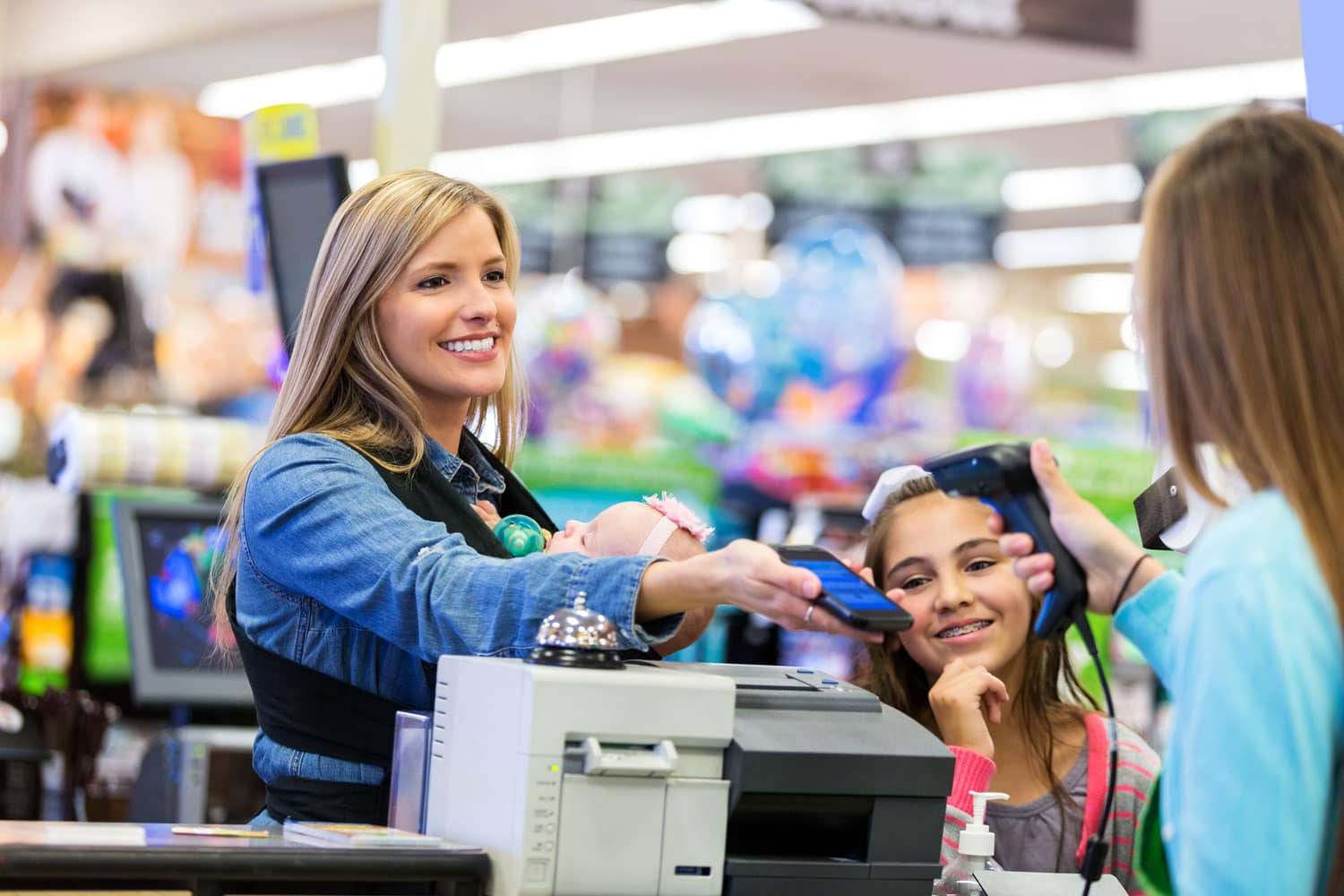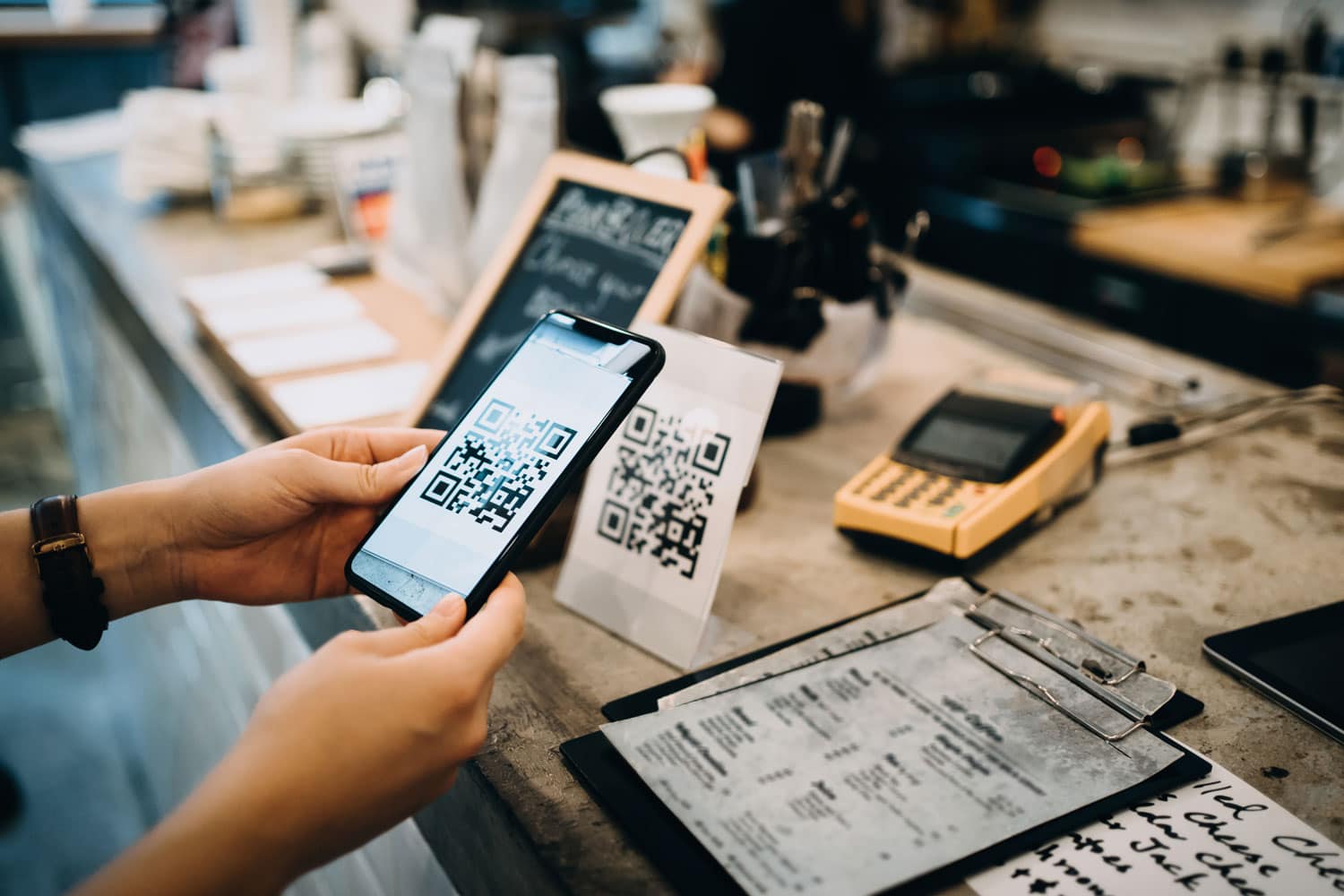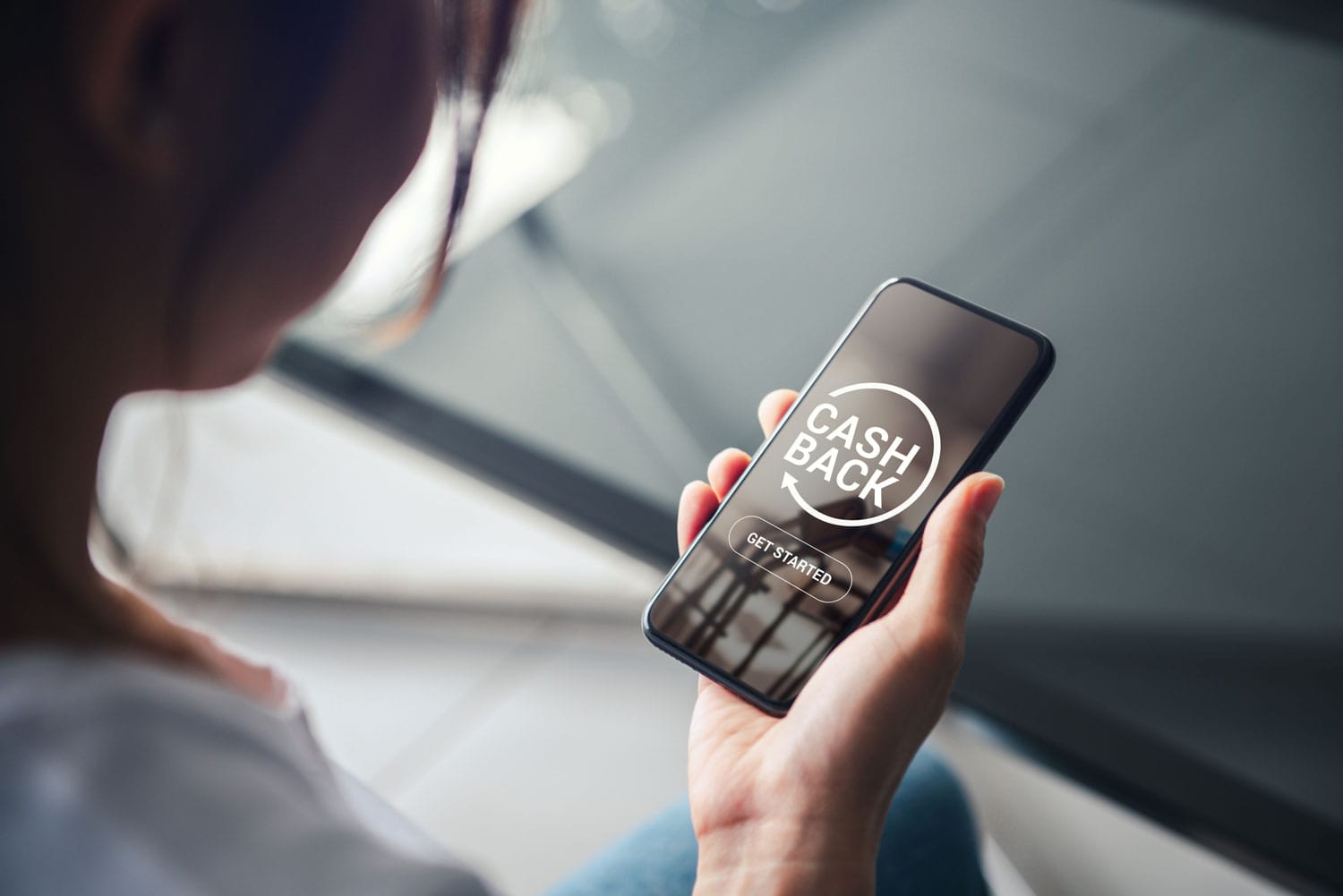When it comes to mobile apps, many businesses have them, whether that is for brand loyalty, customer engagement, or pure revenue generation. However, not all companies are using apps to their full potential. This article covers how businesses commonly develop mobile apps and what their true potential is for your business and customers.
You can create apps in a variety of ways. However, the most popular and highest quality mobile app development approach is to develop Native Apps; apps which are written in a language native to each platform (most commonly iOS and Android).
Other cheaper but lower quality approaches include React Native, Ionic, Flutter, and Xamarin. These frameworks allow developers to create native apps for iOS and Android devices using a single codebase; however, the lower quality result often eliminates the time-saving and cost benefits.
Mobile App Development Best Practices
There are many ways you can approach a mobile app development project, however, there are some best practices you can (and should) follow to end up with decent results.
 Some of the most important ones are:
Some of the most important ones are:
- Use a mobile-first design approach; ensure you take a human-centered view of the product for maximum customer engagement
- Keep the user interface simple and easy to use; unburden customers of the more mundane tasks they usually do
- Make sure the app is fast and responsive; people are used to having things immediately, and your app is no exception
- Test on multiple devices and operating systems; with such a wide variety of devices out there, you need to look good on all of them
- Follow platform guidelines (Apple, Google, Microsoft); this not only puts you in favour with the platforms themselves but also means your customers can more easily use your app due to common concepts
Customer Experience and Brand Loyalty
Businesses that want to increase customer engagement and retention should consider developing a mobile app to supplement their existing sales/engagement channels or replace them entirely.
 Mobile apps offer several features and benefits that are not commonly available on mobile websites, and not having a mobile app can limit your effectiveness in engaging with your customers.
Mobile apps offer several features and benefits that are not commonly available on mobile websites, and not having a mobile app can limit your effectiveness in engaging with your customers.
Some of the top mobile app features which are great for your business include:
- Push notifications: Send updates, special offers, and other information directly to your customers in a timely and relevant way
- GPS and location services: Deliver targeted content and coupons based on your customer’s location to increase offer uptake
- In-app purchases: Sell products and services from within your app while reducing the cost of delivery
- Social media integration: Connect with your customers on social media and increase brand awareness, customer engagement, and brand affinity
Retail Mobile Apps for Customers
Retail apps are a great way to improve the customer experience in-store and continue that experience once customers have left. They allow customers to view product information, prices, and reviews, make purchases, and receive loyalty rewards when most relevant to them. Brands that do this well will also extend that interaction post-store engagement and continue the experience directly on users’ own mobile devices. Another great reason to get a mobile app developed.
 Typical features of good retail apps include:
Typical features of good retail apps include:
- Product catalogs: Display products with images, descriptions, and prices to give customers an informed choice as to which products they want to buy
- Shopping lists: Let customers create a list of items they are interested in, allowing people to save their favourites or purchase immediately
- Coupons and discounts: Offer special deals and discounts to your customers that are both timely and relevant to increase customer satisfaction
- Loyalty programs: Reward customers for repeated purchases with loyalty points or discounts, engaging them longer-term to drive repeat business
Customer Loyalty Apps
As mentioned above, getting mobile loyalty apps developed is a great way to increase customer loyalty. It will also driving repeat business and customer engagement.
 Some typical uses for loyalty features, beyond the basic reward stamps, are as follows:
Some typical uses for loyalty features, beyond the basic reward stamps, are as follows:
- Collecting rewards: Earn rewards for every purchase, such as loyalty points or cashback
- Track spending: Keep track of how much money you’ve spent on your loyalty card and redeem rewards accordingly
- Offers and discounts: Get special offers and discounts from your favourite brands for the products you already love and buy
- Birthday bonuses: Receive a bonus on your birthday, such as a free gift or discount. This type of gesture boosts brand affinity and drives an emotional connection to the brand
Summary
As you can see, the potential for mobile apps is enormous, and with the correct development and marketing strategy, your business can reap the benefits of having a mobile app. Mobile apps could be essential for your business, whether you’re looking to increase customer engagement and loyalty, increase sales and revenue, improve overall customer experience, or gain greater brand awareness.
If you’re considering developing a mobile app for your business, talk to us today to see how your business could benefit.
Share this
Subscribe To Our Blog
You May Also Like
These Related Stories

Going Mobile: 7 Ways That a Mobile App Will Help Your Business

5 Business Problems That Mobile App Development Can Solve





